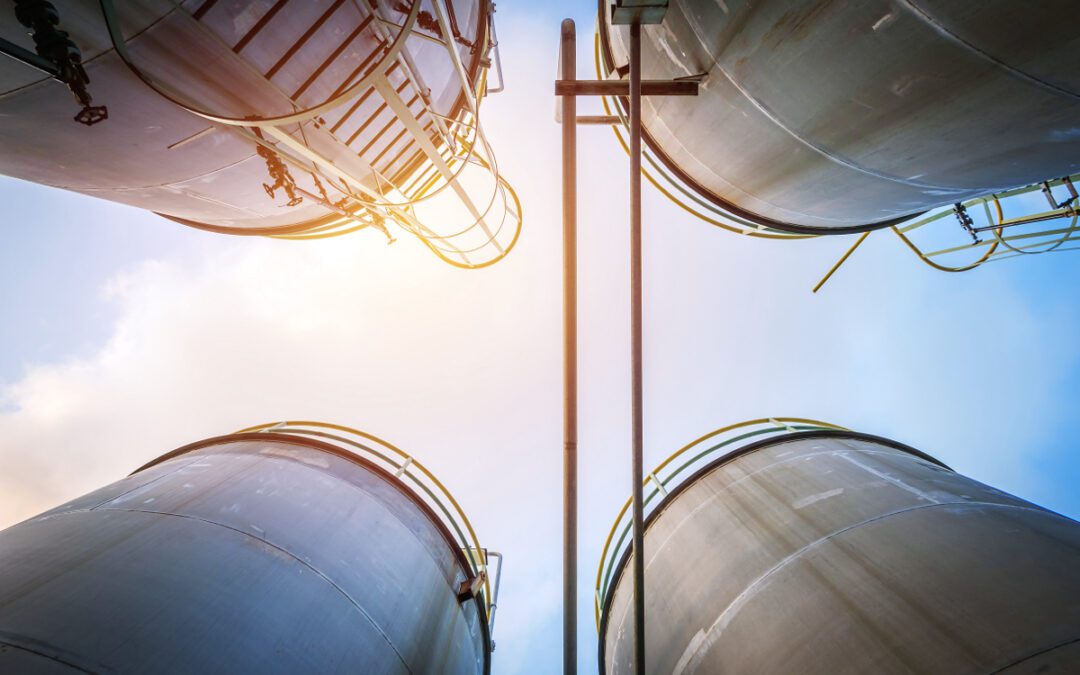Corrosion Inhibitors
The most common corrosion control method in modern oil and gas wells is the use of chemical corrosion inhibitors, which protect producing assets against corrosion from produced fluid. The cost and performance of corrosion inhibitor chemicals will strongly influence the operating expenditures of a well. The solubility/dispersion properties, performance, emulsion tendency and pour-point of corrosion inhibitors should all be carefully considered, especially for wells with harsh downhole conditions and high temperatures.
Biocides
Contamination from bacteria can be a serious problem in the oilfield; if uncontrolled, it can lead to significant damage from bio-film accumulation. Thankfully, biological contamination can be prevented and treated with chemical biocides. The use of biocides can maximize production by protecting assets from microbial-induced corrosion. Because application of some biocides is governed by environmental legislation, it is important to understand which biocides are suitable in different regions and for different purposes.
Scale Inhibitors
During stimulation, production, and enhanced oil recovery operations, scale accumulation can be a major concern. In a wide range of operating environments, Sulphate and carbonate scales are controlled using chemical scale inhibitors, which help to extend the life of production equipment and minimize the risk to production.
Defoamers
The foam bubbles created during both upstream and downstream production can slow processes, reduce productivity, and even create safety and environmental hazards. It is generally necessary to reduce or eliminate bubble formation in most cases. For a number of industrial branches, the use of defoaming agents is critical for efficient operation. In the oil and gas industry, antifoaming compositions are commonly used to prevent foam formation, inhibit gas entrainment into liquids, or break up existing foam.
Surfactants
Oil producers are primarily interested in maximizing oil recovery from reservoirs. Increasingly, the injection of surfactants into the wells has been utilized to this end. The properties of surfactants mean that they are effective at reducing oil/water interfacial tension, and thereby promoting oil mobilization. High-quality surfactants yield a highly miscible oil emulsion with low residual oil saturation and have the capacity to greatly enhance oil recovery operations.
Demulsifiers
The produced fluid originating from oil and gas reservoirs is almost always present in the form of an oil-water emulsion. Emulsion breakers, also known as demulsifiers, are used as an additive in the oil and gas industry to separate crude oil from water. In addition to helping sites meet their production targets, emulsion breaking also ensures the crude oil specifications are met, oil recovery is optimized, water corrosion is prevented, and produced water is cleaner. Demulsifiers are made from complex mixtures of solvents and bases, and their formulations are tailored to the specific requirements of each site.
Hydrogen Sulfide Scavengers
The presence of Hydrogen Sulfide (H2S) in during production is a major concern. Due to the corrosive properties of the gas H2S can reduce overall system efficiency and reliability. To mitigate risk, chemical additives designed to reduce hydrogen sulfide are widely used in hydrocarbon processing. High-quality Hydrogen sulfide scavengers have a rapid, non-reversible reaction pathway and provide a cost-effective method of H2S management.
Selecting the appropriate production chemicals for each application is a unique challenge faced by all producing companies. At Yellowstone Industries, our line of specialty chemical offerings provide cost-effective solutions that help oil and gas producers protect their well equipment, minimize disruptions, optimize system performance, and increase productivity.
If you would like to learn more about how our production chemicals can help you address the challenges of changing global regulations and ensure you get the most out of your wells, please contact us.

